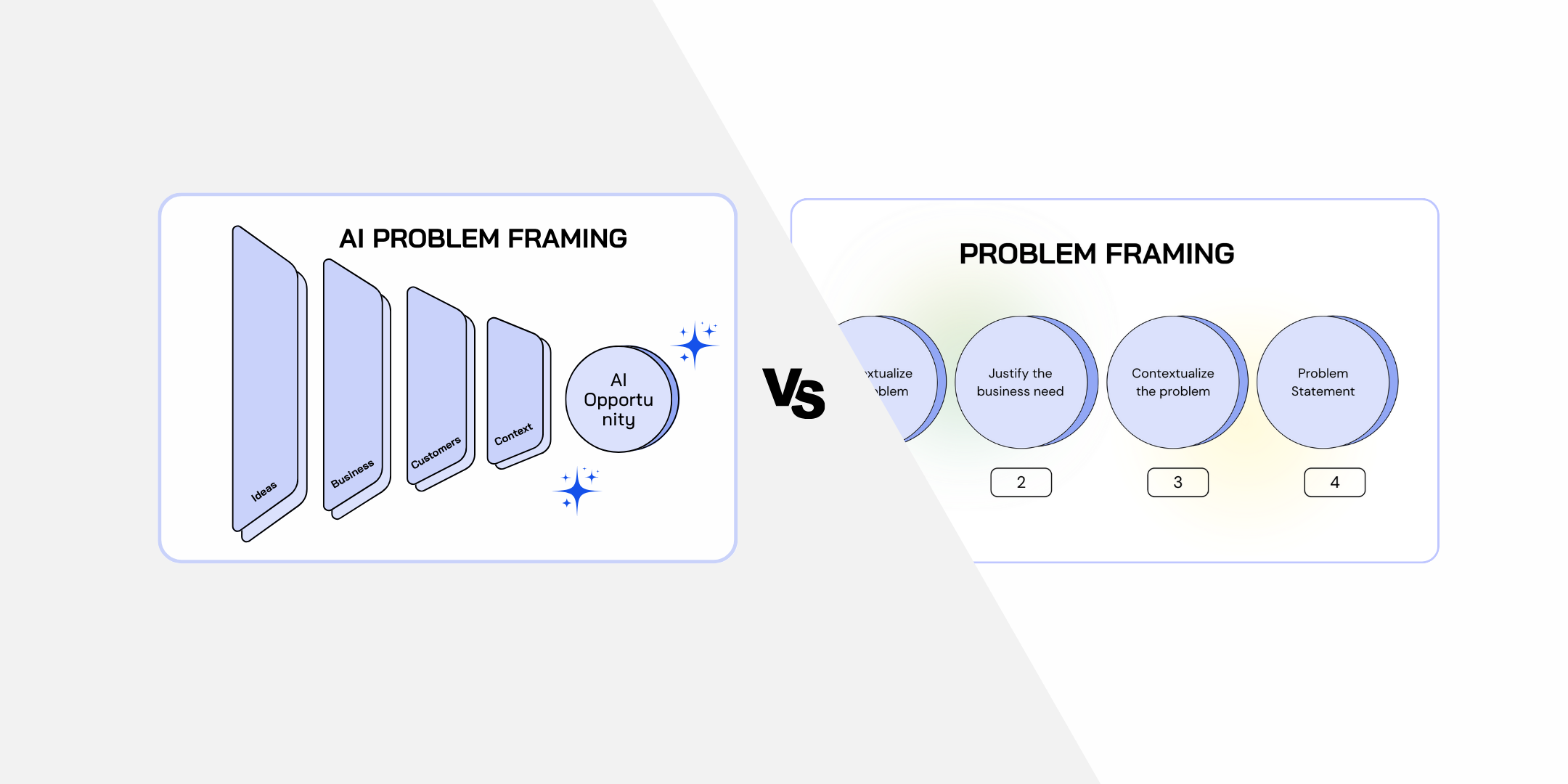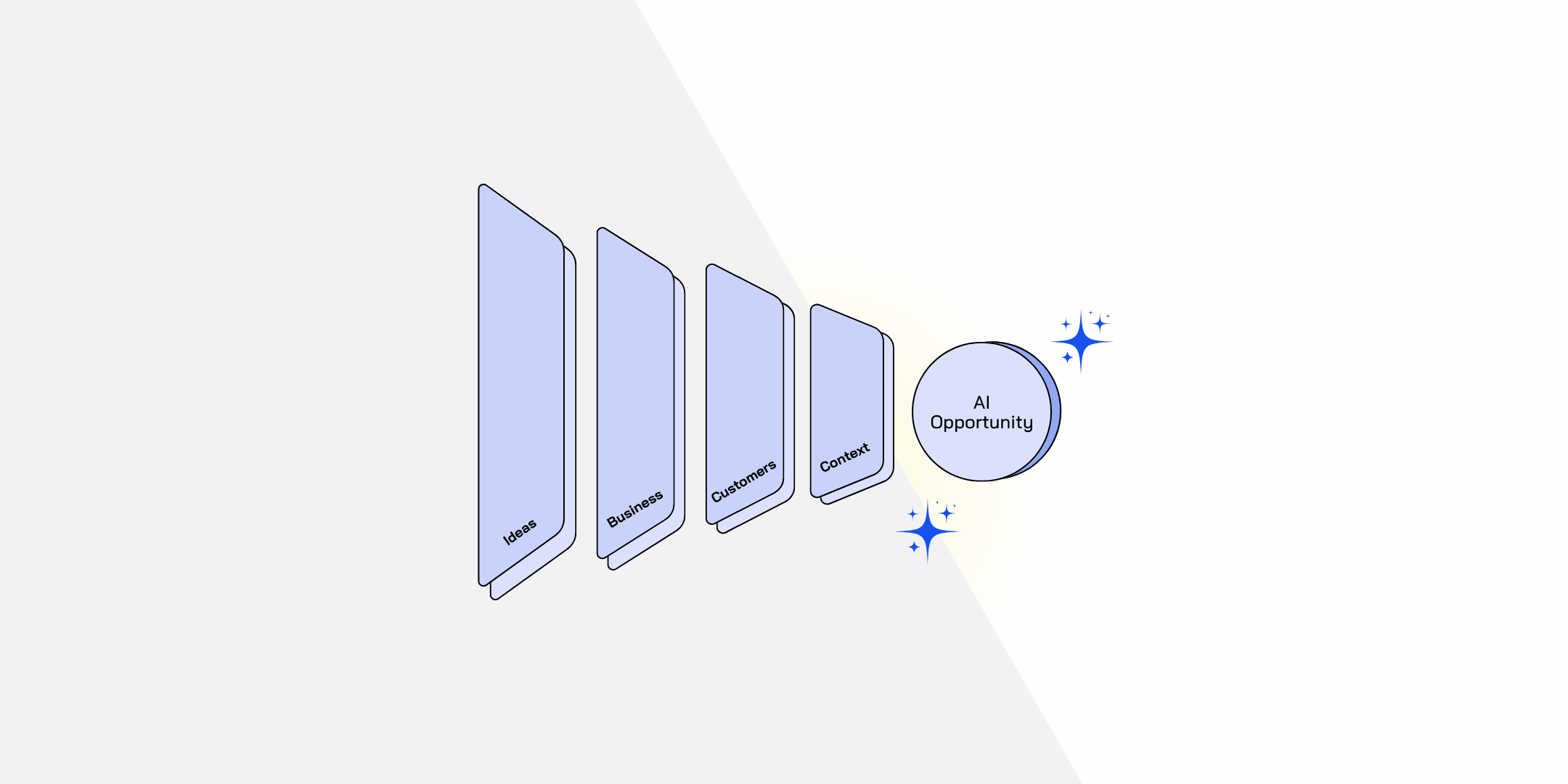From theory to action: Artevelde University's leap into Design Sprints

Students learning from professors who've just stepped out of their comfort zones, grappling with real issues using Design Sprints. It's the kind of education that sticks, that equips students to not just face but also dissect and solve the complexities they'll encounter out there in the real world.
In Ghent, Belgium, we had the incredible opportunity to share our expertise on Design Sprints with the academic staff at Artevelde University of Applied Sciences. From product teams to pedagogical teams, design sprints have become an indispensable tool, and we were thrilled to engage in insightful discussions and create immersive learning experiences for the faculty members.
Over two days, business management professors to lecturers were immersed in the complete Design Sprint process. They tackled a real business problem, understood customer needs, and rapidly developed innovative solutions. The highlight was seeing the faculty members, traditionally rooted in theoretical knowledge, dive into building interactive prototypes using Uizard. This shift from theory to hands-on application underlined the essence of experiential learning.
The impact of this training goes beyond skill acquisition; it signifies a crucial step in preparing students for real-world challenges. By incorporating Design Sprints into their curriculum, Artevelde University is not just teaching innovative problem-solving but is also fostering a mindset ready to tackle the dynamic and complex issues of the modern world.
This move aligns perfectly with the need for academic institutions to stay abreast of the latest advancements in design thinking and collaboration tools. In an era where information is abundant yet fragmented, and business and technology landscapes evolve rapidly, it's essential for educators to be equipped with current, practical knowledge.
We believe that the integration of Design Sprints at Artevelde University represents a significant step forward in blending academic knowledge with practical, real-world applications. It's an initiative that not only enhances the teaching and learning experience but also prepares students to become effective problem-solvers.



















